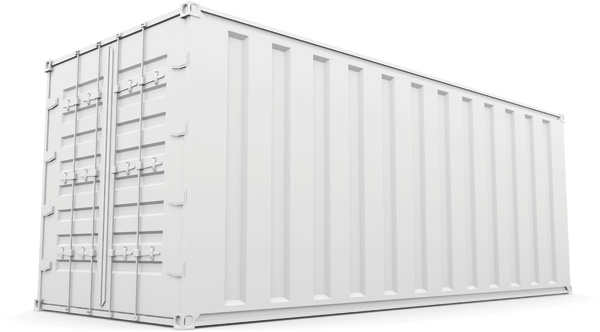CONCESSION MODEL
In November 1997, Santos Brasil won the concession for the Santos Container Terminal – Tecon Santos for 25 years, renewable for another 25 years with a bid of R$274.5 million. This was one of the first actions resulting from the promulgation of the 1993 Law of Port Modernization, created with the purpose of modernizing the Brazilian port sector based on the transfer of port terminal operations to the private sector.During the following years, Santos Brasil won other public bids and concession contracts signed by its subsidiaries and the respective port authorities. Currently, the Company is responsible for the operation of three container terminals – Tecon Santos, Tecon Imbituba and Tecon Vila do Conde –, for the Santos TEV and for the General Cargo Terminal in Imbituba.
| BUSINESS UNIT |
START OF CONTRACT | END OF 1ST CONTRACT PHASE | END OF 2ND CONTRACT PHASE* |
|---|---|---|---|
| Tecon Santos | November 1997 | November 2022 | November 2047 |
| Tecon Vila do Conde | September 2003 | September 2018 | September 2033 |
| General Cargo Terminal in Imbituba |
February 2006 | February 2031 | February 2056 |
| Tecon Imbituba | April 2008 | April 2033 | April 2058 |
| Vehicles Terminal | January 2010 | January 2035 | January 2060 |
*Contingent upon renewal of the contracts, already foreseen in the bidding and in the respective contract.
 According to the Brazilian Constitution, since the administration of ports is a public service essential to foreign trade, and therefore of strategic relevance for the economic development of the Country, the Federal Government is responsible for port operations, and is entitled to let it out in concession to the private sector, at all times through public bids.
According to the Brazilian Constitution, since the administration of ports is a public service essential to foreign trade, and therefore of strategic relevance for the economic development of the Country, the Federal Government is responsible for port operations, and is entitled to let it out in concession to the private sector, at all times through public bids.
The concession model for rendering port services in terminals used by the public is a legal and appropriate instrument designed to attract the private sector to make the investments needed for infrastructure development while at the same time keeping it under public control in light of its importance for the country's development.
To guarantee the continuity of port operations and the quality of the service provided, concession holders are subject to rules imposed by the public authorities with regard to provision of the service (regulated by the ANTAQ – National Water Transport Agency) and are committed to making the scheduled and necessary investments to achieve minimum standards of quality and handling as stipulated in the contracts.
Private sector investments are driving the modernization of Brazil's public ports.
The model's success is confirmed by investments of billions made by the concession holders in public port terminals, to recover and expand the port facilities, which will revert to the Federal Government upon termination of the contract, and by the extraordinary expansion in foreign trade in recent years, with significant cargo handling at Brazilian ports.
Concession contracts are bilateral and subject to legal conditions that guarantee the stability and security of the investment made and the continuity of the port service offered by the Company to its customers.

 According to the Brazilian Constitution, since the administration of ports is a public service essential to foreign trade, and therefore of strategic relevance for the economic development of the Country, the Federal Government is responsible for port operations, and is entitled to let it out in concession to the private sector, at all times through public bids.
According to the Brazilian Constitution, since the administration of ports is a public service essential to foreign trade, and therefore of strategic relevance for the economic development of the Country, the Federal Government is responsible for port operations, and is entitled to let it out in concession to the private sector, at all times through public bids.The concession model for rendering port services in terminals used by the public is a legal and appropriate instrument designed to attract the private sector to make the investments needed for infrastructure development while at the same time keeping it under public control in light of its importance for the country's development.
To guarantee the continuity of port operations and the quality of the service provided, concession holders are subject to rules imposed by the public authorities with regard to provision of the service (regulated by the ANTAQ – National Water Transport Agency) and are committed to making the scheduled and necessary investments to achieve minimum standards of quality and handling as stipulated in the contracts.
Private sector investments are driving the modernization of Brazil's public ports.
The model's success is confirmed by investments of billions made by the concession holders in public port terminals, to recover and expand the port facilities, which will revert to the Federal Government upon termination of the contract, and by the extraordinary expansion in foreign trade in recent years, with significant cargo handling at Brazilian ports.
Concession contracts are bilateral and subject to legal conditions that guarantee the stability and security of the investment made and the continuity of the port service offered by the Company to its customers.

TECON SANTOS WAS ONE OF THE FIRST PORT SECTOR CONCESSIONS, AS A RESULT OF THE PORT MODERNIZATION LAW.
